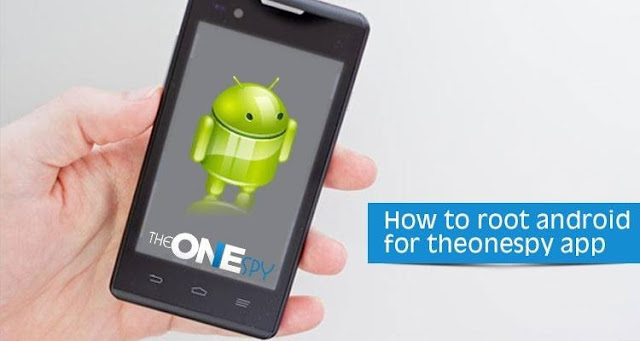Case For Stiffer Sanctions Against Promos By Mobile Operators

By Maxwell Onoja The recent ban imposed by the Nigerian Communications Commission on lotteries and promotions being conducted by mobile phone network operators is one that has received mixed reactions in the media, some of which are against the ban.
Arguably, the key point by those opposed to the ban is that promotions and lotteries have contributed to lowering the costs of services. This may be true in some case because as operators compete to offer perks to woo more subscribers, they end up inreduced prices for some consumers. Some others are opposed to the ban because its ban has deprived media houses and advertising agencies of a major source of income. While one will not dispute some of these arguments, the truth is that only few consumers benefit from lotteries and promotions at the detriment of the majority of the subscribers. It is not all subscribers that devote their precious time seeking promotions that have also become too frequent, and sometimes, confusing.
But the concern of many discerning Nigerians is whether those opposed to the ban are giving due attention to the reasons adduced by the telecom regulator in Nigeria for imposing the ban. Spokesman of the regulator, Mr. Tony Ojobo, was quoted as saying that the ban was informed by complaints from the consumers, and the quality of service issues that the promotions has caused in the networks. According to him, “the Commission has, in recent times been inundated with several complaints from consumers and industry stakeholders against the various sales promotions offered by telecommunications operators.”
He also affirmed that regulator has ‘carefully evaluated the complaints received especially against the backdrop of sustaining the integrity of the networks, the general interest of the consumers, the socio-economic impact of these promotions on operators and other relevant stakeholders.’ In most cases, when subscribers are offered bonuses during promotions, it results in more people making calls at same time in order to utilize the bonuses. Usually, the networks become congested. At the end, only the operator smiles to the bank while subscribers are shortchanged. It has been a case of double jeopardy for subscribers but since the ban came into place, most of the consumers are saved they are aware that all promotions or lotteries are banned.
The greatest disservice that commentators who are against the ban have done to telecom consumers was to feign ignorance of the reason given by the telecom regulator that promotions have worsened an already bad quality of services from the networks. If ban on lotteries and promotions would help in alleviating an ugly experience of consumers for many years, it is welcome. There have been many cases where some operators would introducepromotions to the point that the networks would not allow calls to be made or received and the subscribers would in turn begin to request that the promotions are stopped so that their calls would go.
Recently, an operator embarked in a promotion that gives subscribers free calls for 24 hours after paying some little amount daily. What followed was daily avalanche of calls, resulting in congestion that made calls impossible to all subscribers, including those who are not in the promotion. It is obvious that those who are speaking against the ban are not speaking for the consumers. The Nigerian consumer like me will not share in their collective amnesia which has resulted in their forgetting that one quality service is better than hundreds of promotions, and their implications to the network. If we all want good qualityof service and the regulator says that lotteries and promotions contribute to this ugly phenomenon, then, one would demand for a total ban to be placed on lotteries and promotions in the Nigerian telecom network for at least five years. Any operator that defaults should be severely sanctioned. Perhaps, that would force the service providers to domore home work and find a way to provide quality service to its consumers than contributing to poor quality with promotions and lotteries.
Recently, one Shola Salako, who claimed to be a consumer activist and advocate, spoke to a Lagos based radio station where she spoke against the ban because, as she said, promotions is the only way the subscribers get redemption for poor quality of service that theyreceive. Such puerile argument is some way supporting the operators to keep providing poor quality so long as they cangive some perks and silence the consumers. Forme, there should be no alternative to quality of service, not even a trillion dollar lottery or promotion. Another antagonist to the ban, Kola Amodu, a marketing expert, argued that the ban should have come only after an assessment of each of the operators’ capacity to manage such promotion. We must commend Nigeria’s telecom regulator in taking the steps to ban promotions and lotteries in the telecom network.
However, the regulator must go further to impose a long term ban so that the operators give more attention to improving their network quality. Onoja is an Abuja-based telecom analyst.



Comments
Post a Comment
You can comment using either NAME/URL if you don't have any of these accounts.
NOTE:
Please feel free to share what you think about this post